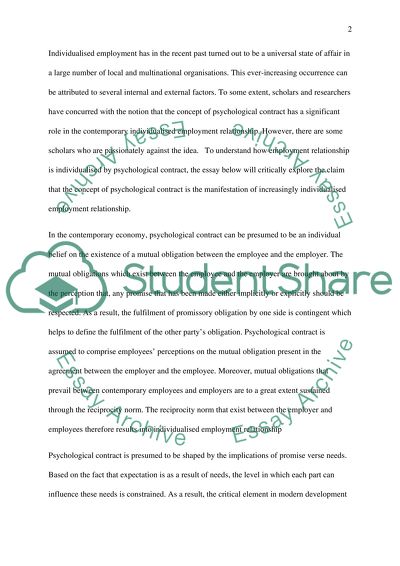Cite this document
(Subjectification during Processes of Recruitment Essay, n.d.)
Subjectification during Processes of Recruitment Essay. Retrieved from https://studentshare.org/human-resources/1403102-choose-from-options-in-assignment-criteria
Subjectification during Processes of Recruitment Essay. Retrieved from https://studentshare.org/human-resources/1403102-choose-from-options-in-assignment-criteria
(Subjectification During Processes of Recruitment Essay)
Subjectification During Processes of Recruitment Essay. https://studentshare.org/human-resources/1403102-choose-from-options-in-assignment-criteria.
Subjectification During Processes of Recruitment Essay. https://studentshare.org/human-resources/1403102-choose-from-options-in-assignment-criteria.
“Subjectification During Processes of Recruitment Essay”, n.d. https://studentshare.org/human-resources/1403102-choose-from-options-in-assignment-criteria.


